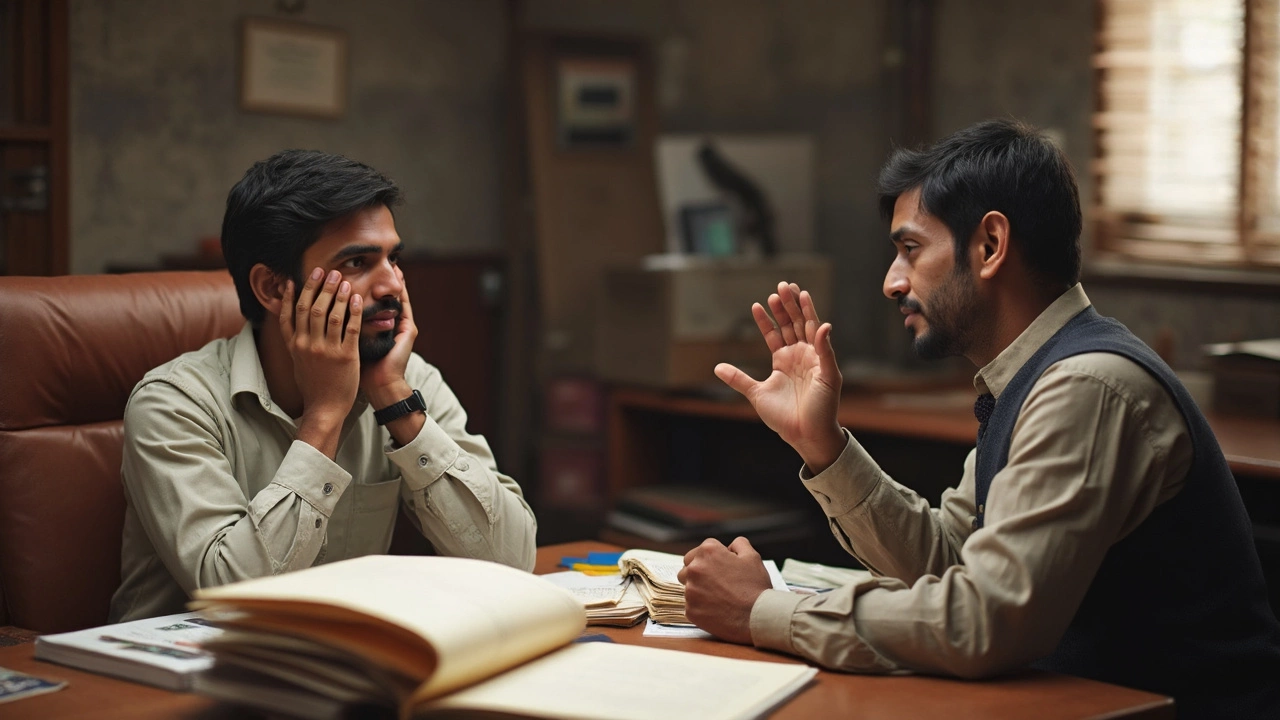Indigent Defense: What It Is and How It Works
Got a criminal case but can’t afford a lawyer? That’s where indigent defense steps in. In simple terms, it’s the right to a lawyer for people who don’t have enough money. The court provides a public defender or a court‑appointed attorney to make sure the accused gets a fair fight.
Who Qualifies for Indigent Defense?
The first question is usually “Do I qualify?” Courts look at your income, assets, and the seriousness of the charge. If you earn below a certain threshold—often around the poverty line—or you have no savings, you’ll likely be eligible. Some states also consider debt, dependents, and whether you own a car or house.
When you show up at court, the judge will ask you to fill out a financial questionnaire. Be honest and include everything: part‑time jobs, government benefits, even a small side gig. If the judge thinks you’re borderline, you might be asked to provide proof like recent pay slips or tax returns.
How to Get a Public Defender
Once the judge decides you qualify, a public defender is assigned on the spot. In big cities, you might get a lawyer the same day. In smaller courts, there could be a short wait, but you’ll still get representation before any major hearing.
Public defenders work for the government, so they handle a lot of cases at once. That doesn’t mean they won’t fight for you. They’re experienced with criminal law, know the local judges, and can negotiate deals or push for a trial.
If you don’t want a public defender, you can hire a private lawyer and ask the court to reimburse you if you can prove the lawyer’s fees are reasonable. This option is called “appointed counsel.” It’s worth considering if you have a specific lawyer in mind and can show the court the cost won’t be too high.
What to Expect From Your Defender
Your public defender will start by reviewing the charges, evidence, and any police reports. They’ll meet with you to hear your side of the story and gather any witnesses or documents that could help. Expect a lot of questions—think of it as a fact‑finding mission.
Next, the lawyer will decide whether to negotiate a plea bargain, ask for the case to be dismissed, or go to trial. Plea deals are common because they save time and reduce penalties. If you’re aiming for a trial, the defender will build a defense strategy, file motions, and prepare you for courtroom etiquette.
Communication is key. Public defenders are busy, so set up a regular check‑in schedule. Ask for updates after each filing or hearing. If you feel your lawyer isn’t responding, you can request a different attorney, but be ready to explain why.
Tips to Make the Process Smoother
1. Bring every piece of paperwork you have—texts, emails, receipts, anything that relates to the case.
2. Keep a simple log of all contacts with police, prosecutors, and your lawyer.
3. Show up on time for every court date. Missed appointments can harm your case.
4. Stay calm and honest. The more truthful you are, the easier it is for your defender to argue your side.
5. If you need extra help, look for legal aid clinics or nonprofit groups in your area. They often offer free advice or can refer you to specialized attorneys.
Indigent defense is a safety net meant to keep the justice system fair for everyone, regardless of money. Knowing your rights, how to qualify, and what to expect can make a huge difference in the outcome of your case.

Criminal Lawyer Near Me: Who Represents Defendants Who Can't Afford One?
Ever wonder what happens if you get charged with a crime but don’t have money for a lawyer? This article breaks down exactly who steps in to represent you and how the whole system works. You’ll learn the difference between public defenders, court-appointed lawyers, and legal aid. Get practical info and tips if you find yourself or someone you care about in that tough spot. No jargon, just clear information to help you understand your rights and your options.